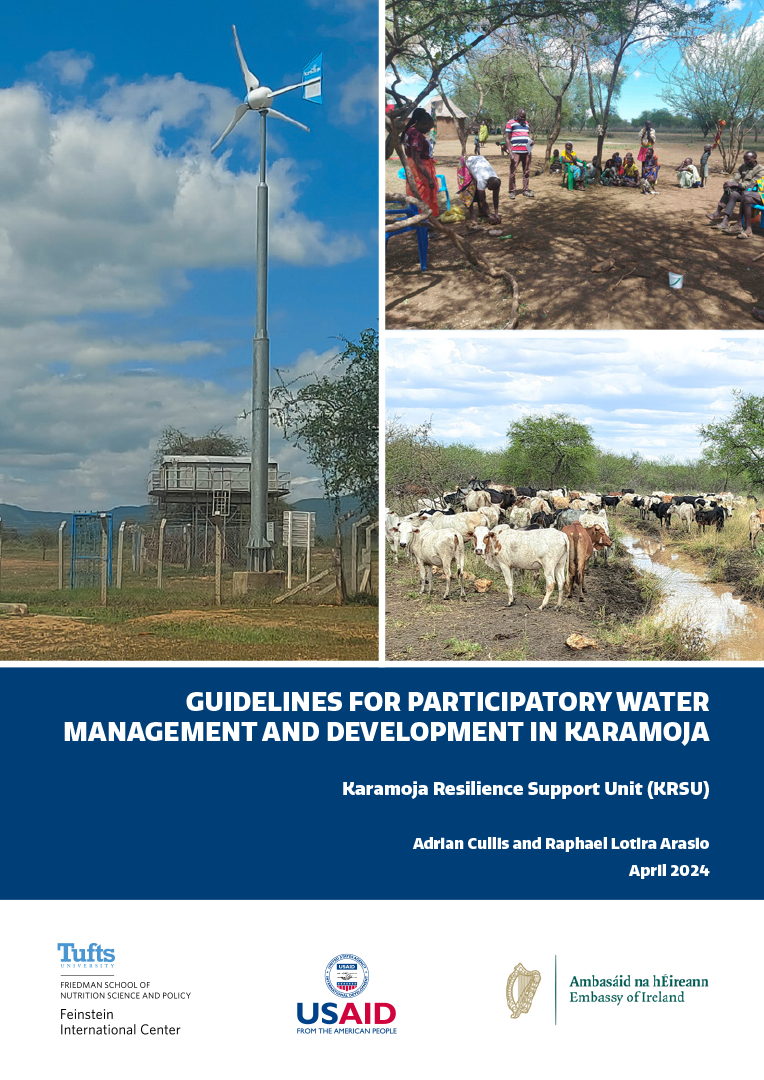Extreme weather events have already increased in frequency and severity in all regions of the world.
To avoid or reduce the deaths and damages that can be caused by these weather-related hazards, one of the most common adaptation strategies globally is investment in Early Warning Systems (EWS).
EWS have saved lives and reduced damages all around the world.
However, there were early warnings for the worst disasters in the last 20 years. So why were the disasters so damaging?
Learn more from a cartoon-infused summary of insights from the Academic Alliance for Anticipatory Action research project.
The cartoons are based on the journal article, “Learning from the past in moving to the future: Invest in communication and response to weather early warnings to reduce death and damage,” by Erin Coughlan de Perez et al.







